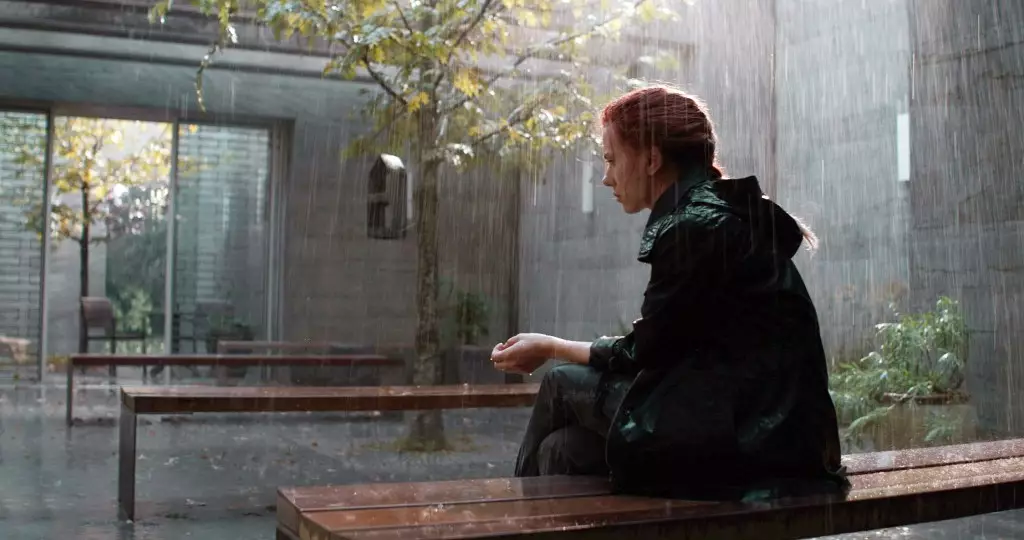In a recent revelation that echoes a growing sentiment in the film industry, Scarlett Johansson expressed her disapproval regarding the Academy’s dismissive stance toward Marvel’s magnum opus, *Avengers: Endgame*. Despite its incredible financial achievement—shattering box office records and pulling in nearly $2.8 billion globally—Johansson raised eyebrows with her question, “How did this film not get nominated for an Oscar?” In her interview with *Vanity Fair*, she criticized the Academy’s focus on traditional metric values when evaluating films eligible for awards, particularly in the Best Picture category. For an industry still grappling with its biases against genre film, her remarks shine a spotlight on a significant, yet often overlooked, incongruity.
The Value of Commercial Success
Johansson aptly points out a strong argument: commercial success should not be a disqualifier for creative recognition. *Endgame*, which has garnered a massive fanbase and revolutionized the superhero genre, demonstrates proficient storytelling that blends intricate plotlines with deep character arcs. Despite existing under the umbrella of a franchise often relegated to the realm of entertainment rather than art, it achieved a feat many naysayers predicted would be impossible. Johansson’s perspective reveals a critical viewpoint on how cultural perceptions of cinematic merit can be limited and narrow-focused, easily disregarding a movie’s artistic accomplishments simply because it belongs to a genre traditionally branded as “popcorn” entertainment.
A Long-Standing Debate in the Film Community
The dialogue around Marvel’s films at awards shows isn’t new. While titles like *Black Panther* have managed to pierce through the award show veneer and receive nominations in significant categories, the collective works of the vast Marvel Cinematic Universe (MCU) remain predominantly overlooked. Avengers co-director Joe Russo recently joined the discourse, emphasizing how films that bridge box office triumphs and artistic direction are rare gems. Yet, the consistent trend of relegating these films to technical award categories raises questions about the Academy’s definition of “good cinema.”
Breaking Away From the MCU
Amid her frustrations, Johansson signals a departure from her superhero roots as she gears up for her directorial debut, *Eleanor the Great*, set to premiere at Cannes. She notes that her character’s journey within the MCU has reached a satisfying conclusion, understanding the importance of character evolution in storytelling. This insight forms a delicate juxtaposition: while she longs for connections with her co-stars, recalling the camaraderie they shared, Johansson recognizes the value of an artist allowing their creations to exist within their defined narratives rather than force-fitting them into sequels or reboots.
Hers isn’t just a lament; it is a reflection on the broader artistic landscape where genuine storytelling must wrestle against the norms of commerciality and audience expectations. As the industry shifts, it is crucial to embrace the artistic merits of all forms of cinema, regardless of their commercial successes or shortcomings; perhaps Johansson’s words will fuel the necessary dialogue for change during the forthcoming awards seasons.

